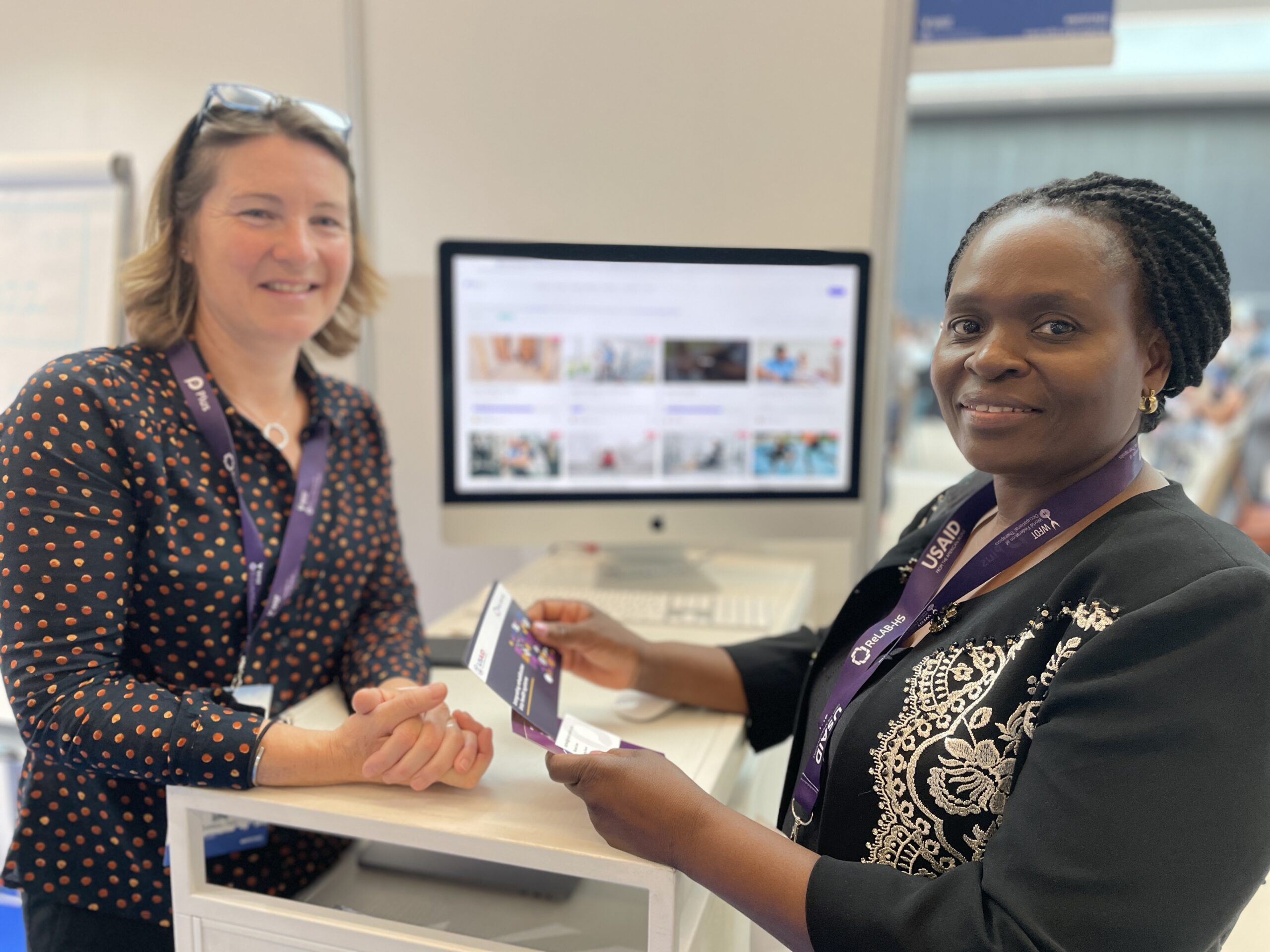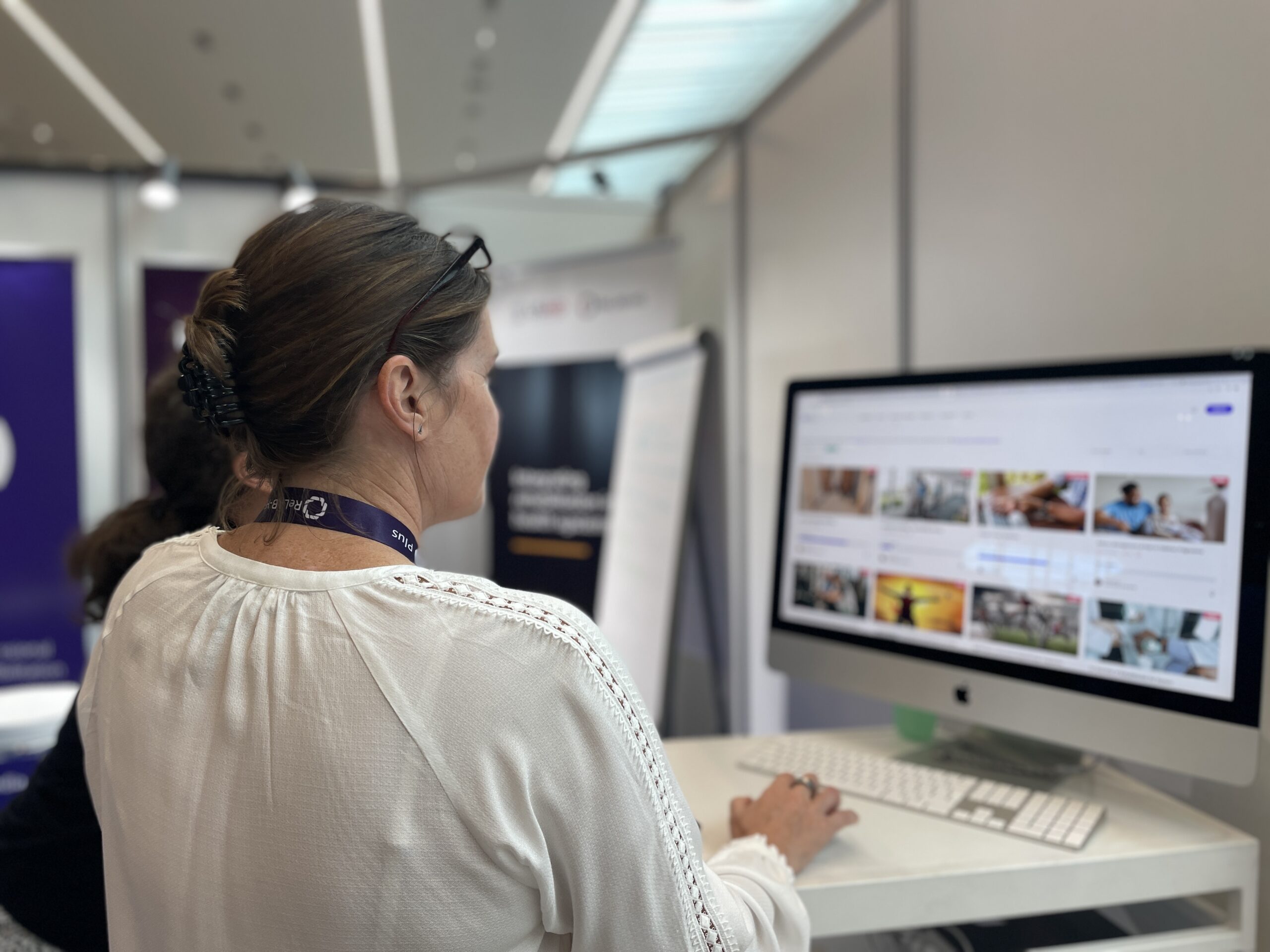Strengthening rehabilitation in health systems requires building workforce competencies at all levels of care. Training and education to develop knowledge and skills in the workforce is the cornerstone yet multiple barriers exist for increasing rehabilitation workforce development in low and middle income countries (LMICs). This includes a lack of training programs, variations in the competencies expected within the standard entry-level curriculum, limited opportunities for continuing professional development, and geopolitical instability.
Recommendations for training have included organisation of professional development workshops within and across rehabilitation professions, development and delivery of technology-assisted education modules, and establishment of standardised curricula for professional training of underrepresented rehabilitation providers. Although fundamental and advanced training programs are considered key interventions for improving rehabilitation workforce capacity, the ability to develop and support education programs, is not a realistic option in all countries and settings.
USAID has responded to this need through the ReLAB-HS project by supporting the development of an existing physiotherapy-related web-based online learning platform to be more accessible to LMICs and other rehabilitation professions. Physioplus, now inclusively rebranded “Plus”, provides online education and development opportunities that respond to the needs highlighted above. With support through ReLAB-HS Plus has rebranded and made efforts to be more inclusive to all rehabilitation professions, developed online courses and resources to specifically respond to learning needs in LMICs, is being translated into multiple languages and developing an app to make learning accessible in remote communities where internet insufficiency creates access challenges.
This is the answer to my prayers
Plus was presented for the first time to occupational therapists at the 2022 World Federation of Occupational Therapy conference in Paris in August. Individuals were guided in professional development strategies, universities were offered opportunities for supporting curriculum development and building teaching capacity, and member organisations and clinics saw the potential to offer ongoing training opportunities.
“This is the answer to my prayers“, said Zara Harris, an OT of over 45 years experience and Vice president of the Haiti Rehabilitation Foundation. Zara was keen to use Plus to supplement gaps in teaching capacity at the Department of the Sciences of Rehabilitation of Léogâne at the Episcopal University of Haiti.
 Organisations in high-income countries pay for access to the platform in a model that supports sustainability. Through USAID support and the developing sustainability model Plus can be given to organisations in low- and low-middle income countries for free. Tecla Mlambo, a Lecturer at the University of Zimbabwe, WFOT delegate for the Zimbabwean Association of Occupational Therapists and coordinator of WFOT education said “This has been the highlight of my conference … it’s great to take something back for our rehabilitation community in Zimbabwe.“
Organisations in high-income countries pay for access to the platform in a model that supports sustainability. Through USAID support and the developing sustainability model Plus can be given to organisations in low- and low-middle income countries for free. Tecla Mlambo, a Lecturer at the University of Zimbabwe, WFOT delegate for the Zimbabwean Association of Occupational Therapists and coordinator of WFOT education said “This has been the highlight of my conference … it’s great to take something back for our rehabilitation community in Zimbabwe.“
This work is supported by the USAID funded Learning Acting Building for Rehabilitation in Health Systems (ReLAB-HS) project and is not possible without the generous and committed contribution of the Leahy War Victims fund.
ReLAB-HS is made possible by the generous support of the American people through the United States Agency for International Development (USAID) and is implemented under cooperative agreement number 7200AA20CA00033. The consortium is managed by prime recipient, Johns Hopkins Bloomberg School of Public Health.


